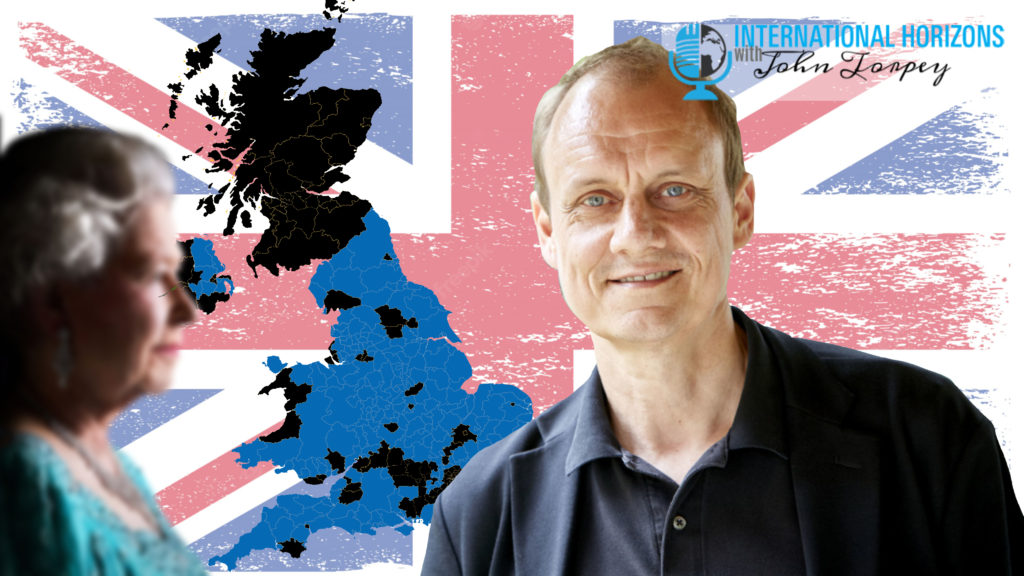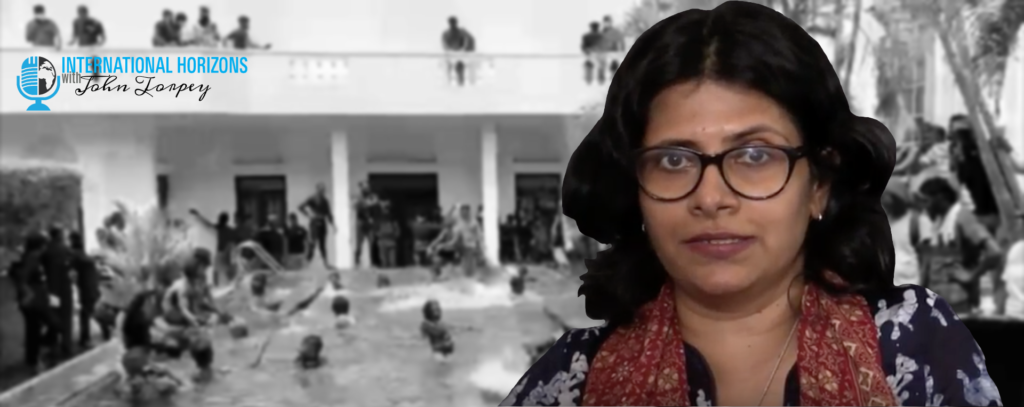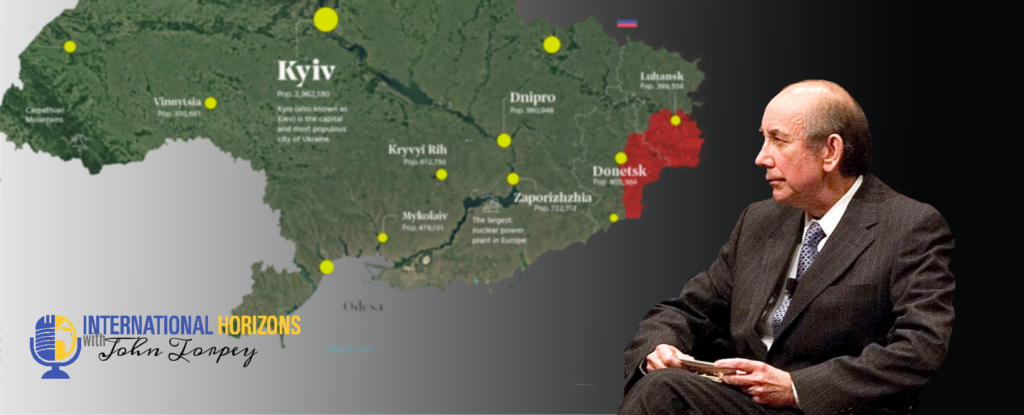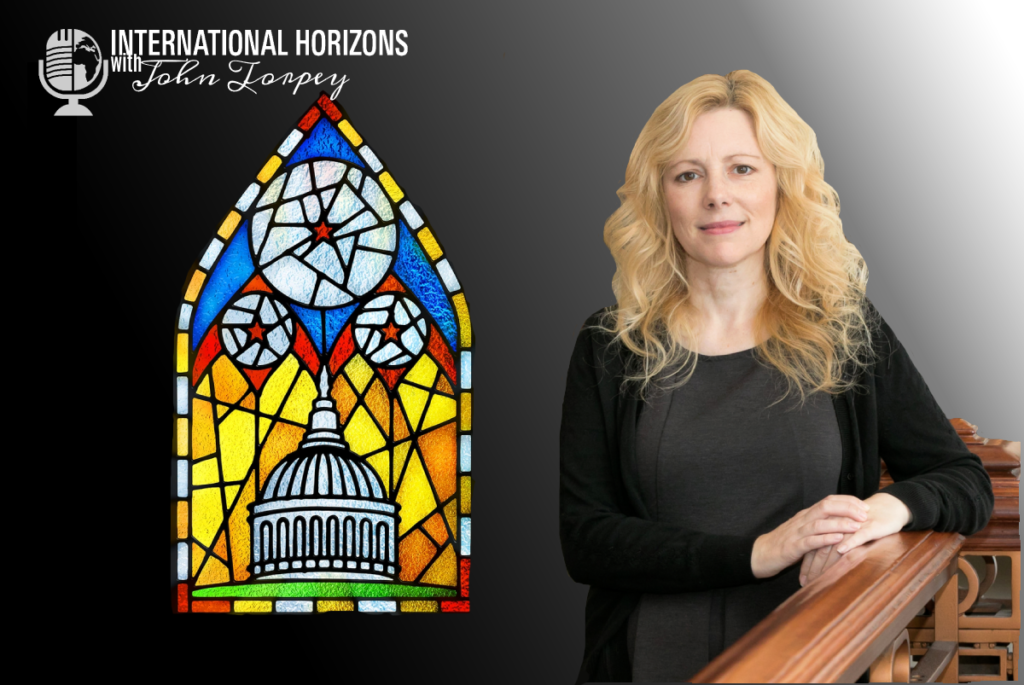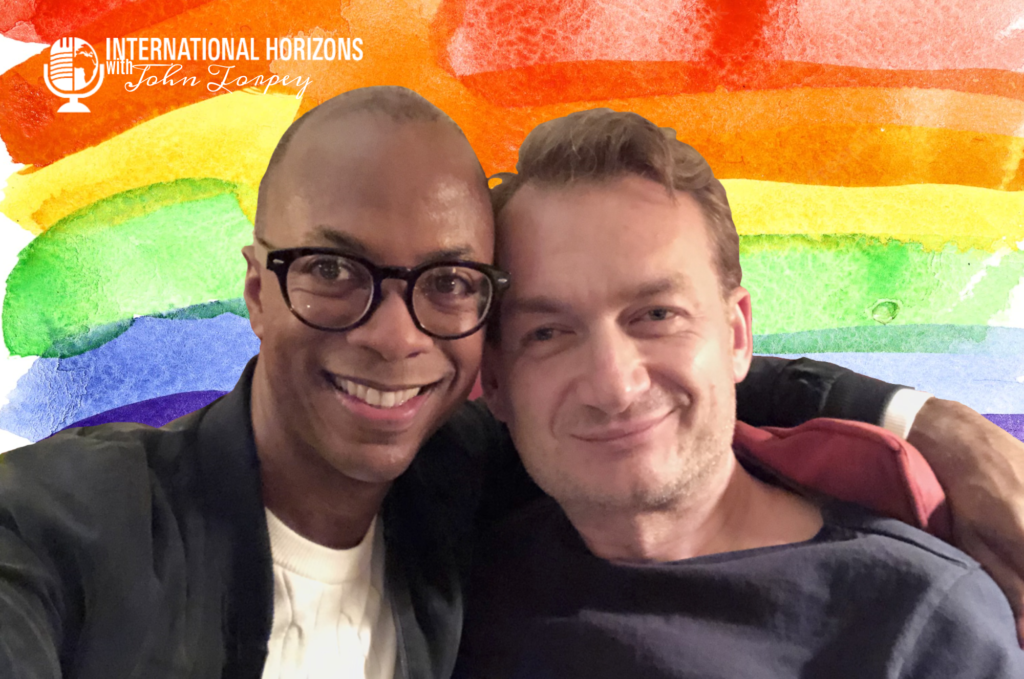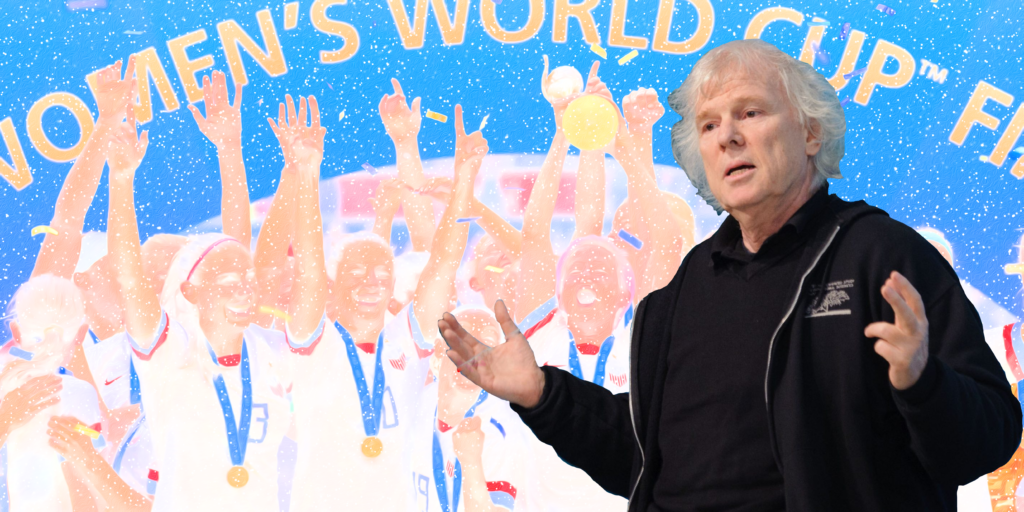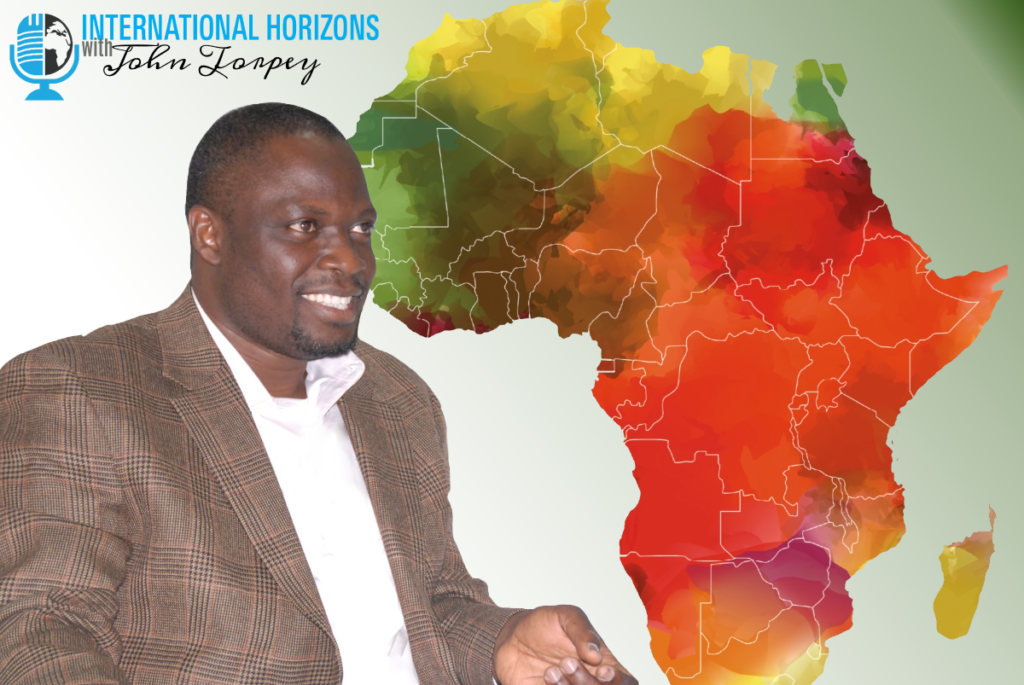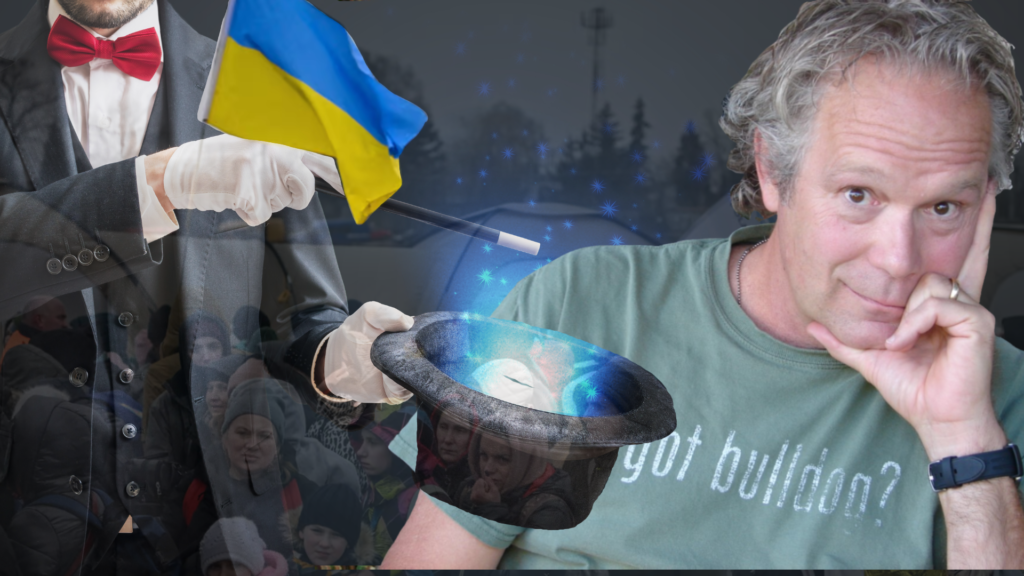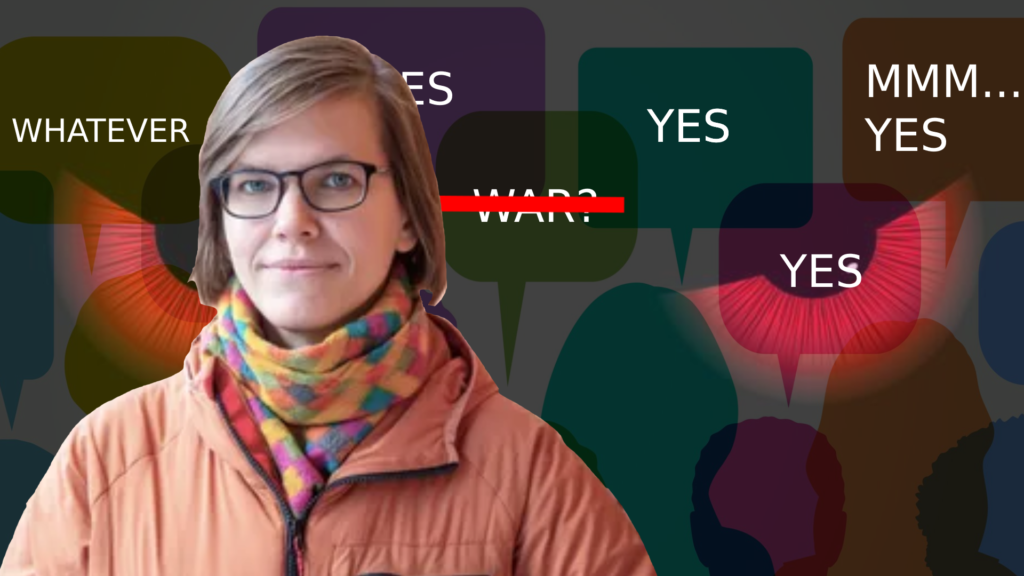The United Kingdom has experienced a number of epochal transitions of late, starting with its departure from the European Union in early 2020, and more
Sri Lanka has recently endured tremendous political and economic turmoil with severe shortages of goods and fuel leading to the ouster of the sitting president. After Gotabhaya Rajapaksa fled the country in disgrace, he was replaced by another dynastic heir, Ranil Wickremesinghe. While much has changed in the once war-torn island nation, much has thus stayed the same. Welcome to International Horizons, a podcast to the Ralph Bunche Institute for International Studies that brings scholarly and diplomatic expertise to bear on our understanding of a wide range of international issues.
We open this season of International Horizons with former US Ambassador to Ukraine Roman Popadiuk, who talked to RBI Director John Torpey about the history of Ukrainian-US relations and how the Budapest Memorandum meant to protect Ukraine as it surrendered its nuclear arsenal failed to stop Russia. Moreover, Ambassador Popadiuk recounts the Russians’ gains and setbacks during the invasion and how the conflict is approaching a standstill pending the outcome of negotiations. Finally, Ambassador Popadiuk underscores that the likelihood of nuclear escalation is very low, because it would bring new uncertainties for Russians that they cannot afford having.
In this episode of International Horizons, sociologist Amy Adamczyk of CUNY’s John Jay College of Criminal Justice discusses the role of religion in determining people’s attitudes on a range of issues such as abortion and homosexuality. From a global perspective, we also discuss the peculiarities of religiosity in the United States, which is an outlier because of its relatively high levels of religiosity compared to other wealthy democracies. Adamczyk also discusses the intersection between religion, abortion and LGTBQ+ issues, considering that the world has become widely accepting of sexual diversity in the past 20 years. Finally, the conversation revolves around Adamcyzk’s most recent co-authored book Handing Down the Faith: How Parents Pass Their Religion on to the Next Generation, which addresses the factors that make children religious.
In this episode, LGBTQ activist Adrian Coman talks to John Torpey, Presidential Professor of Sociology and History at the Graduate Center and director of the Ralph Bunche Institute, about the clashes between domestic laws and those of the European Union, the challenges of LGBTQ activism, how politicians instrumentalize homophobia to stay in power, the controversy over trans teens, and the key issues to be addressed in order to increase inclusion.
The US women’s soccer team recently reached a deal with the owners of American Professional Soccer for pay equity with the men. It was noted
Africa has grown economically in recent years in such a way that many of its populations now enjoy both the benefits and the drawbacks of
This week, RBI director John Torpey talked with Marieke Louis and Lucile Maertens about the trending depoliticization of international organizations and its effects for achieving results and enhancing cooperation. The discussion covers the causes of depoliticization, its framing in comparison to past years, the dangers of politicizing certain issues and not informing policy on science, and how depoliticization may end up protecting the status quo.
Some 12 million Ukrainians – a quarter of the population — have been forced to flee their homes or their country as a result of
How do Russians feel about the war in Ukraine? What information are they getting about the war? What about the reports of people leaving, especially

